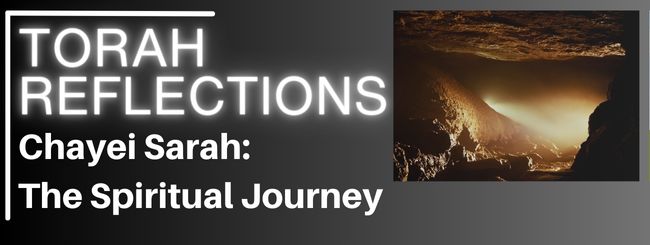Torah Reflections: Conversations on the Weekly Parshah
בס”ד
Integrating Torah into one’s life through reflection and conversation can be an incredibly fun and engaging experience. It’s a journey of discovery, where ancient wisdom and timeless teachings come to life in our daily experiences. Through reflection, we have the opportunity to dive deep into the rich tapestry of Torah, extracting profound insights and lessons that resonate with our modern lives. The joy lies in the ‘aha’ moments, those instances when a Torah verse or story suddenly connects with our personal challenges, aspirations, and values. And when we engage in conversations about Torah with others, it becomes an interactive exploration, where diverse perspectives and interpretations enhance our understanding. These dialogues often spark excitement and intellectual curiosity, making the learning process both enjoyable and fulfilling. Torah becomes a vibrant and dynamic part of our lives, offering not just guidance but also a source of endless fascination, connection, and growth.
NOTE: Don’t feel obligated to go through every source or answer all the questions—unless you want to. Even one source, or one question will give you plenty of material for discussion and meditation. Enjoy this!
A Story (based on the parsha)
Once upon a time, in the ancient land of Canaan, there lived a righteous man named Abraham. In this particular tale, we find Abraham engaged in a unique negotiation with a Hittite named Ephron over the sacred Cave of Machpelah.
Abraham, seeking a burial plot for his beloved wife Sarah, engaged in what appeared to be a straightforward transaction. Ephron, at first, offered the cave and its surrounding field for free. However, as the story unfolded, it became clear that this negotiation held a deeper, spiritual significance.
The Holy Zohar reveals a hidden truth — Abraham, when he peered into the cave, saw divine light, while Ephron, on the other hand, saw nothing but darkness. This disparity was symbolic, indicating that Abraham was the true owner of the cave even before the sale. The purpose of the transaction, it seemed, was to restore the cave to its rightful spiritual owner.
This narrative echoed a broader theme in the ancient land, as stories unfolded of struggles between good and evil. There are parallels to other tales, such as Esau selling his birthright to Jacob, emphasizing the ongoing battle between these opposing forces.
In the end, the Cave of Machpelah, a sacred space, shifted from the influence of the Other Side (sitra achra) to the Side of Holiness. Abraham’s ability to perceive the spiritual value of the cave played a crucial role in this transformation. The story leaves us with a lesson — the importance of recognizing spiritually significant moments in our own lives and acting upon them for personal growth and insight. And so, in the land of Canaan, the Cave of Machpelah became a symbol of the triumph of light over darkness, guided by the wisdom of Abraham.
Questions for discussion and personal reflection:
- How does understanding the spiritual aspect of Avraham Avinu and Ephron’s negotiation over the Cave of Machpelah apply to our own decision-making and life experiences?
- What common theme about the struggle between good and evil emerges from the stories in the story, like Esav selling his birthright to Yaakov? How might this theme relate to today’s world?
- Can you think of a time in your life when understanding the deeper meaning of an event led to positive changes or personal growth?
- In the story, the Cave of Machpelah transforms from the Other Side to the Side of Holiness. How can we use this idea in our own lives, especially in situations where the true value may not be immediately clear?
- The story highlights the importance of recognizing spiritually significant moments. How can we develop the ability to notice these moments in our lives, and what can help us understand the deeper meaning for personal growth and insight?
Shabbat Shalom
By Rabbi Tani Burton
© Copyright, all rights reserved. If you enjoyed this article, we encourage you to distribute it further.
Our blogs may contain texts/ quotes or references of
Mechon-Mamre.org, Aish.com, Sefaria.org or AskNoah.org
that contain copyrights and which we may use with there permission.
